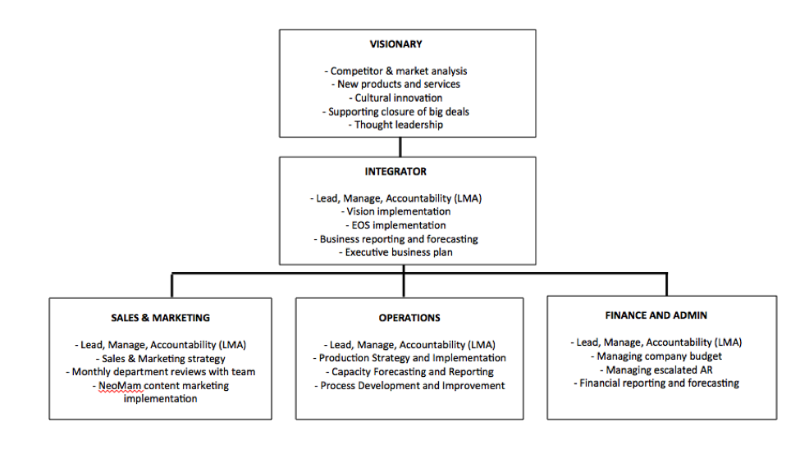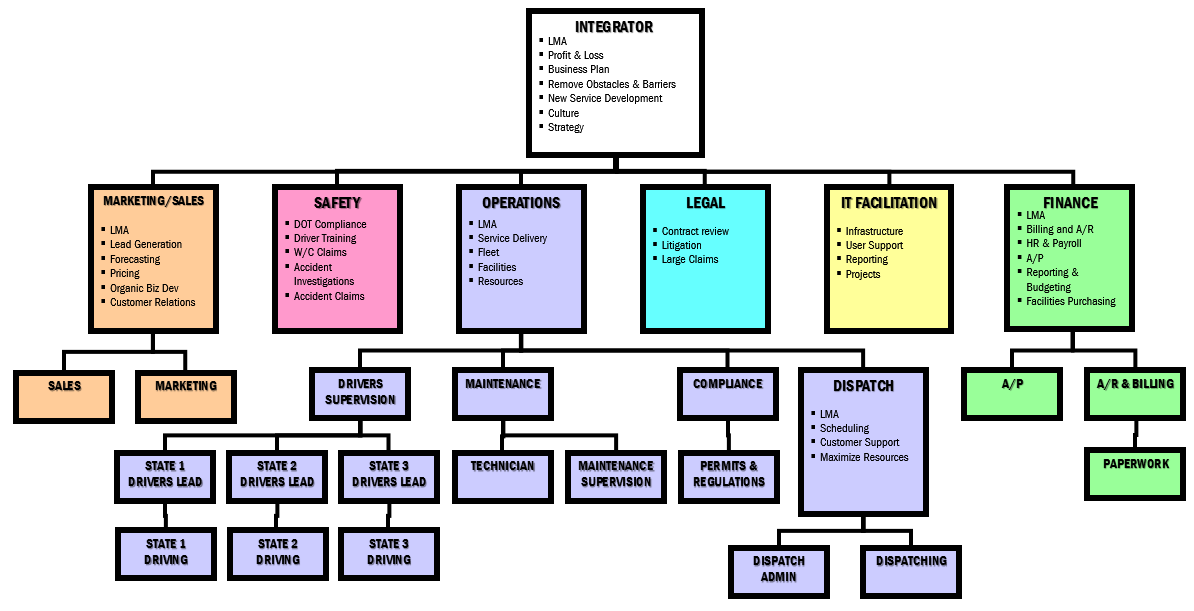“Young doctors aren’t willing to work long hours,”
“Fellows today don’t have entrepreneurial chops,”
“New REIs don’t want to pay their dues.”
Millennial fertility doctors may sometimes be perceived this way
Have you ever made any of these comments or heard them said about your peers? It’s common to razz new subspecialists coming out of their Reproductive Endocrinology and Infertility (REI) fellowship. I often hear from recruiting physicians, that new REIs are not entrepreneurial. That they have no desire to take over a retiring doctor’s fertility center and run their own practice. It is said that fellows and new specialists want to work for someone else, clock their hours, and go home.
There may be valid points in this general perspective, but I see a much more comprehensive picture. Would you like to see what I observe from my semi-outsider’s vantage point? The radical statement to follow is the thesis behind the core business challenges with which so many fertility centers battle today.
The Tectonic Shift from "SMALL CLINIC" to "ENTREPRENEURIAL ENDEAVOR"
I don’t believe that many practice owners wanted to be entrepreneurs either. I suppose many physicians wanted to run their own fertility center and practice medicine the way they prefer. Is that unfair? Twenty to twenty five years ago, that may have been a tenable position. At that time, fertility specialists opened and operated small medical practices. Today, whether they like it or not, independent practices are entrepreneurial enterprises. We have sailed away from our calm cottage lakes, and onto the ocean of commercial venture. Here, our competitive threats come not only from other fertility centers, but from Wall Street, Silicon Valley, and a dynamically changing society. Canadian and European friends, this includes you too.
In this series, we’ll identify the main threats and challenges that fertility doctors, now accidental entrepreneurs, face in this new, unforgiving landscape.
Practice Business Structure
Vision and Strategy
Fierce Competition
Rapidly Changing Technology and Society
And we will force ourselves to answer the question we can no longer afford to avoid:
What is the plan?
Part 1: PRACTICE BUSINESS STRUCTURE
Independent fertility centers’ competitive challenges begin long before we even begin to think about marketing. Typically, they are inherent to the structure of the practice. If you own an IVF center run by fourteen employees, it may be tempting to ignore corporate structure. On the contrary, it is lack of structure that frequently keeps small practices from competing with large firms. Here we see the first differences between an REI practice, and a commercial endeavor.
A fertility clinic is run by a
Medical Director
Practice Director
Lab Director
Practice Administrator
Who runs the large corporations that are buying and operating fertility clinics across North America? Did you know that your new competitors are led by a C-Suite? They have a
Chief Executive Officer (CEO)
Chief Operating Officer (COO)
Chief Marketing Officer (CMO)
Chief Technology Officer (CTO)
Chief Financial Officer (CFO)
Chief Information Officer (CIO)
Chief Human Resources Officer (CHRO)
Entrepreneurial Operating System (EOS) Accountability Chart applied to fertility clinics
This isn’t to suggest that a four physician, twenty five employee IVF clinic needs to have the same corporate structure as their large competitors. They don’t. They need to run their company on a business operating system (BOS) if they want to articulate a vision, agree upon a strategy, and enable their entire team to achieve their collective goals. Fertility Bridge is run on an operating system called the Entrepreneurial Operating System (EOS). To clarify, I am not an EOS consultant, nor do I sell their services at this time. You can find another BOS or you can build your own, though I have no idea why anyone would want to start from scratch.
One of the strongest arguments of EOS is that there are three core functions in any business. In our field, we might split Operations into Medical and Lab, or even Compliance, but the three core functions are
Operations
Finance
Sales and Marketing
In most independent IVF centers, instead of planning for the three core business functions for which someone must execute, they are often bundled into “other” and dropped in the lap of the practice administrator. Is she or he expected to run the operations of the practice, account for the finances, recruit and manage team members and write and execute a complete marketing plan? Is she or he an expert on digital media, law, technology, workforce development, and corporate strategy? Is that fair? Is that realistic?
How many seats are you in?
Rather than hire someone for each of these roles right away, which most fertility centers cannot do, EOS helps with the concept of “one person, one seat”. One person can hold more than one seat, but one seat cannot be occupied by more than one person. This helps small practices flush out capacity related issues and step out of roles as they grow.
Take a look at an example accountability chart below. How many seats are you in? How many seats are unclear as to who is accountable for them?
As an REI physician, in just one very busy seat, you probably have to perform
150+ egg retrievals,
Several dozen intrauterine inseminations (IUI),
All other surgeries
Oh, and you still have to spend time with and respond to your patients.
While infertility doctors at corporate-run clinics can devote all of their working time to their "REI seat", you’re the Medical Director or Practice Director of your IVF center and you have many other roles. As the head of an entrepreneurial venture, you now have additional responsibilities to properly delegate or do yourself.
Implement the vision of your company
Hire and interview every employee
Execute the marketing strategy
Account for the finances
Run the operations of the office
Manage every member of every team
Simply delegating each of these responsibilities can be a full time job, let alone sitting in each individual seat. Again, independent practices don’t necessarily need dozens of employees to run the business side. If they want to maintain or grow their practice, they need to eliminate, automate, and delegate. [A wink to those practice principals that are still signing paper checks].
Is "control" hindering your practice's growth?
Something stops fertility centers’ teams from taking ownership of each of these responsibilities and taking them off of the practice owner’s lap. As one writer says, “Want to drive your employees absolutely crazy? Give them responsibility without authority”.
If we hire a Human Resources Manager, but she doesn’t have the authority to choose the payroll company, negotiate salaries, or make the final decision on hires, then the responsibility of Human Resources continues to consume our time and energy.
If we hire a finance officer, but this person isn’t able to choose the bookkeeping software, set pay dates, and decide the terms of Accounts Payable and Accounts Receivable, then we haven’t delegated finance.
If a practice hires a marketing director, but the marketing director doesn’t have creative control and isn’t given a budget and goals for which they are responsible, then the load of marketing remains in our lap.
How does it impact the growth of your practice if you and your partners deal in every facet of the business without clearly defined roles in an operating system? How does it affect the way you practice medicine? How does it weigh on your relationships with your patients, your team members, and your loved ones?
SHIFTING from "practice owner" to "visionary"
If this describes you or your partners, is it because you're reluctant to pass on control? When practice owners feel that that they need to manage every movement in the practice, it may be because there is not a cohesive culture behind a clear vision. By acknowledging the tectonic shift that has happened in the field of reproductive health, that independent fertility practices are in fact commercial enterprises, practice principals can step into the role of visionary. In the next part of our series on the difference between fertility practices and entrepreneurial ventures, we’ll see when a company follows an operating system, practice principals are able to chart a vision and plan that allows them to pass responsibility to their team and adapt their practices to our changing world.



